The fire at the Los Angeles Public Library in 1986 burned for more than seven hours and destroyed more than 400,000 volumes, including all fiction from A through L, all of Shakespeare, all books on ornithology, physics, biology, a book on architecture from the 1500s and a leaf from the first bible to be translated into English in 1635. It was the greatest loss to any public library in the history of the United States. Orlean recalls Ray Bradbury’s poetic description of books on fire from “Fahrenheit 451”: “He describes them as “black butterflies… their wings ablaze with red and yellow feathers.” Drawing the connection to Bradbury also illuminates the void left when books are lost. It is the loss of our collective memory, of our stories and our past. In an essay contest after the fire, one of the librarians wrote about her experience, “We held charred and water-soaked chunks of books in our hands. History, imagination, knowledge crumbling in our fingers. We packed what was left.” She also writes of the years following the destruction of World War II, when millions of books throughout Europe and Japan were destroyed in an attempt to control information. In 1949, UNESCO adopted a Public Library Manifesto that established the importance of libraries in the United Nations. It reads, “The library is a prerequisite to let citizens make use of their right to information and freedom of speech. Free access to information is necessary in a democratic society.” In writing about the history of public libraries and the devastating loss, Orlean captures the heart of the core belief of a library – that everyone has the right to free and equal access to information, to read, to think. In “The Library Book” we hear of characters in the past of the Los Angeles Public Library, from the 18-year-old Mary Foy, who was hired as director in an age when men dominated the role, to the eccentric adventurer Charles Lummis, who walked from Ohio to California to work as a journalist and greatly expanded the vision of the library, and Dr. C.J.K. Jones, who was known as ‘the Human Encyclopedia’ and roamed the library dispensing information. She continues to the modern library, as we get to know the scores of dedicated librarians working to continue the work as the center of a community. Orlean writes of the magic of libraries: “How necessary, and how full of hope it is to collect these books and manuscripts and preserve them. It declares that all these stories matter, and so does every effort to create something that connects us to one another, and to our past and to what is still to come.” -Nathan Child This review originally appeared in the Aspen Daily News on November 8th, 2018 More recommended reading:
0 Comments
Your comment will be posted after it is approved.
Leave a Reply. |
Adult News & reviewsLibrary news, info about upcoming events, reviews of books and films, and a look at the topics that affect us as a library. Archives
July 2023
|
General |
Borrowing |
About |

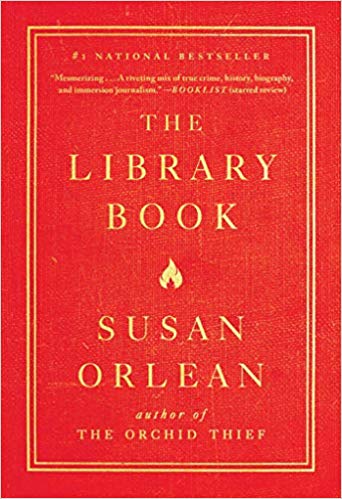
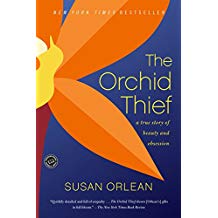
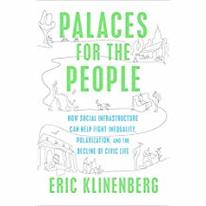
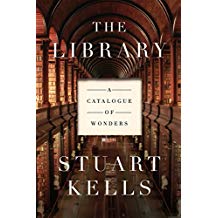
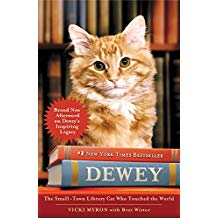
 RSS Feed
RSS Feed
